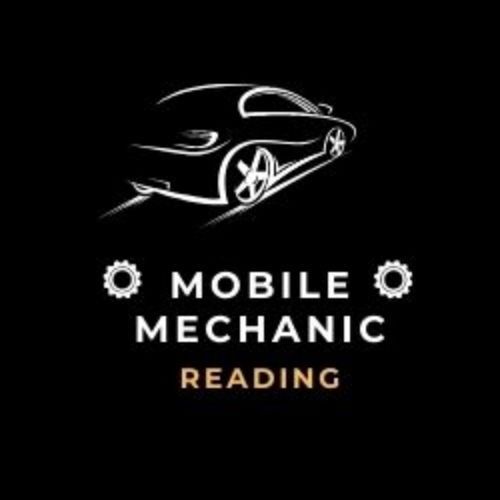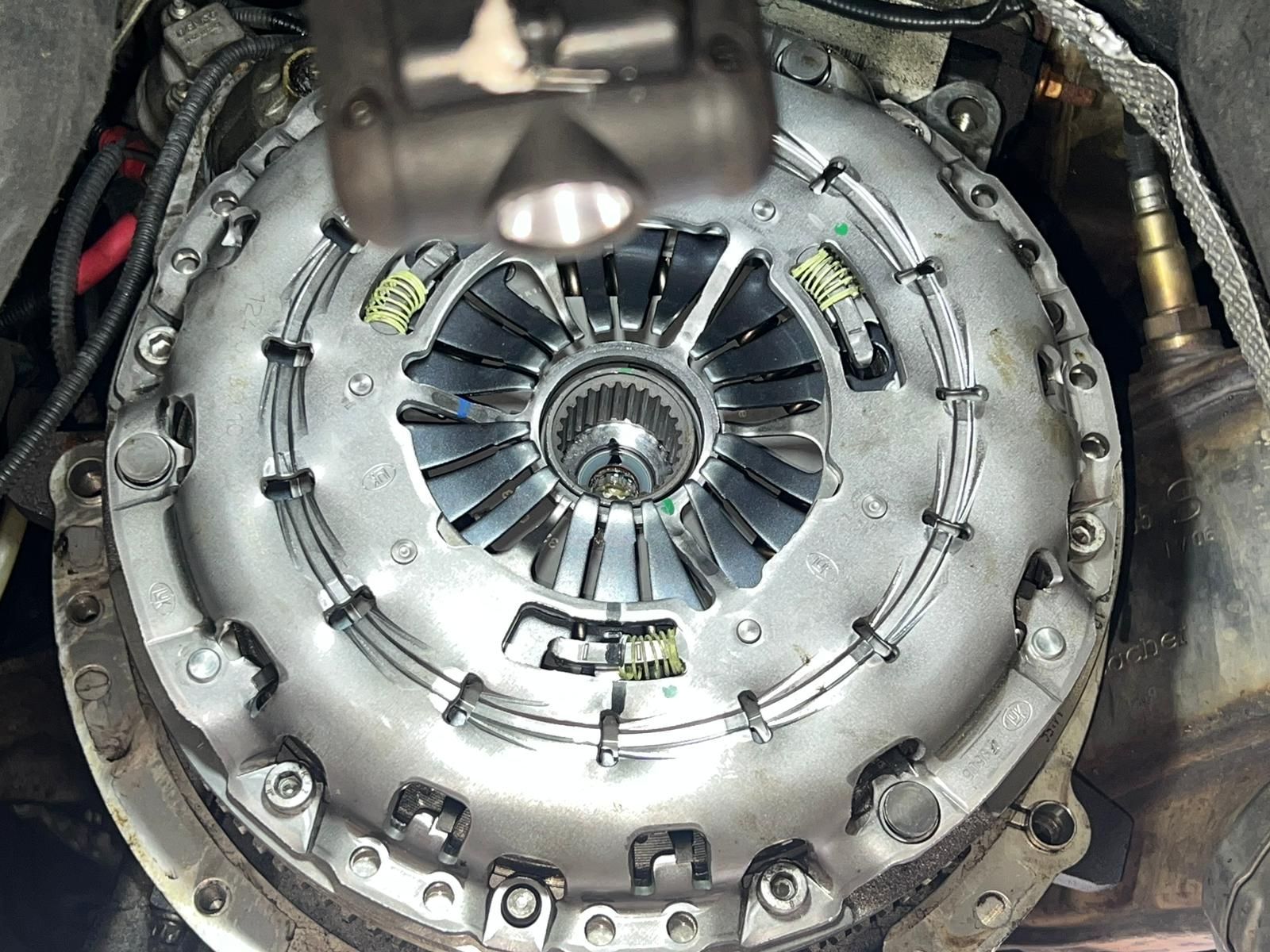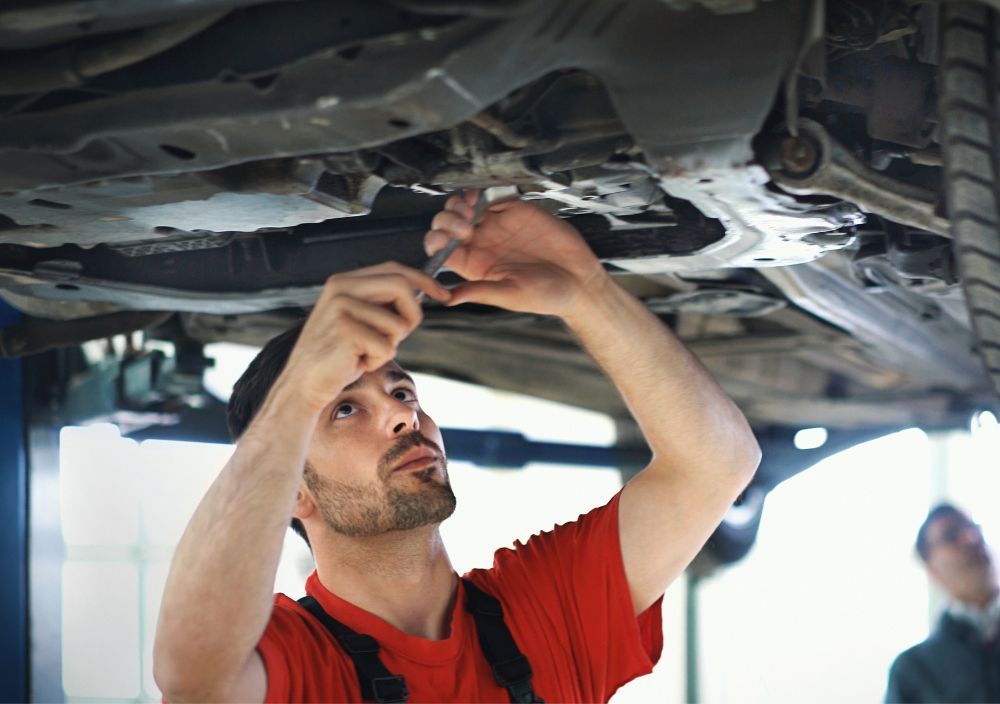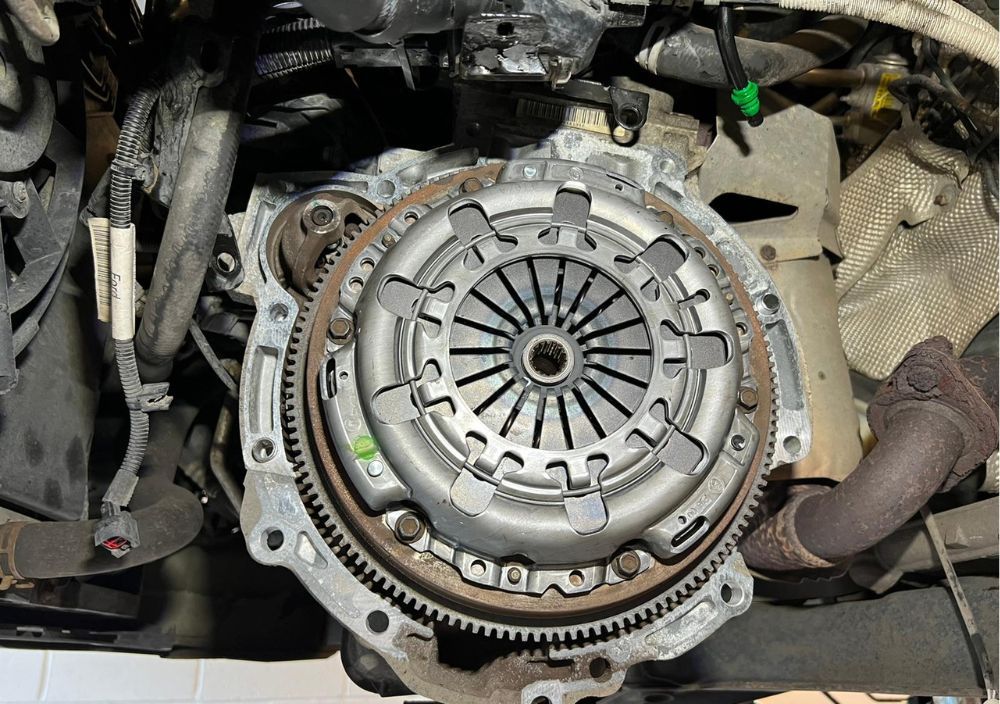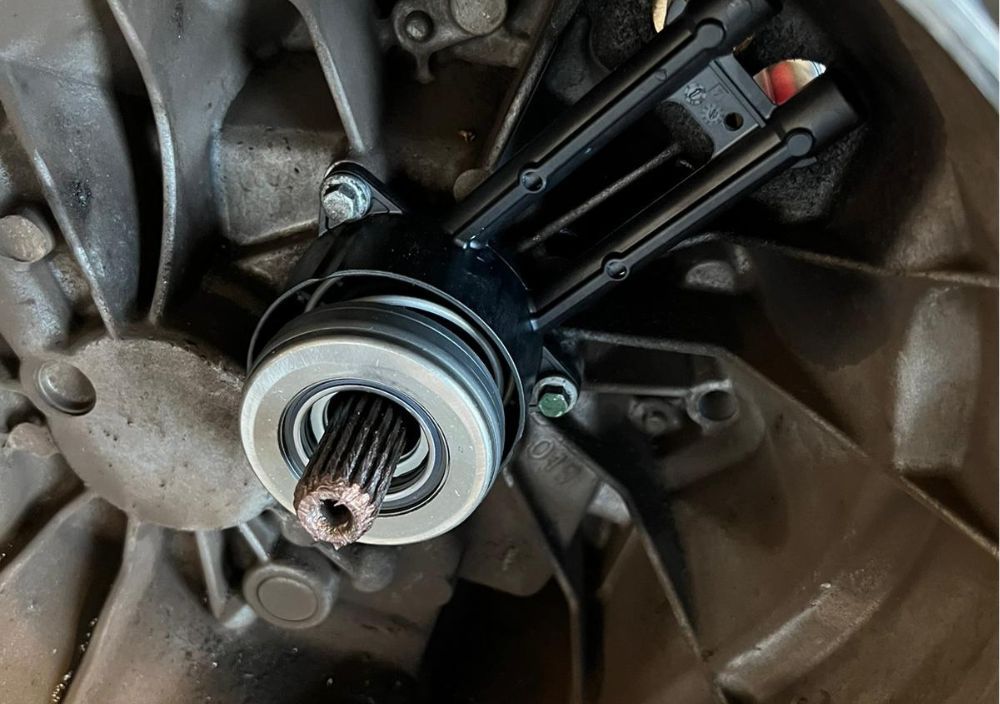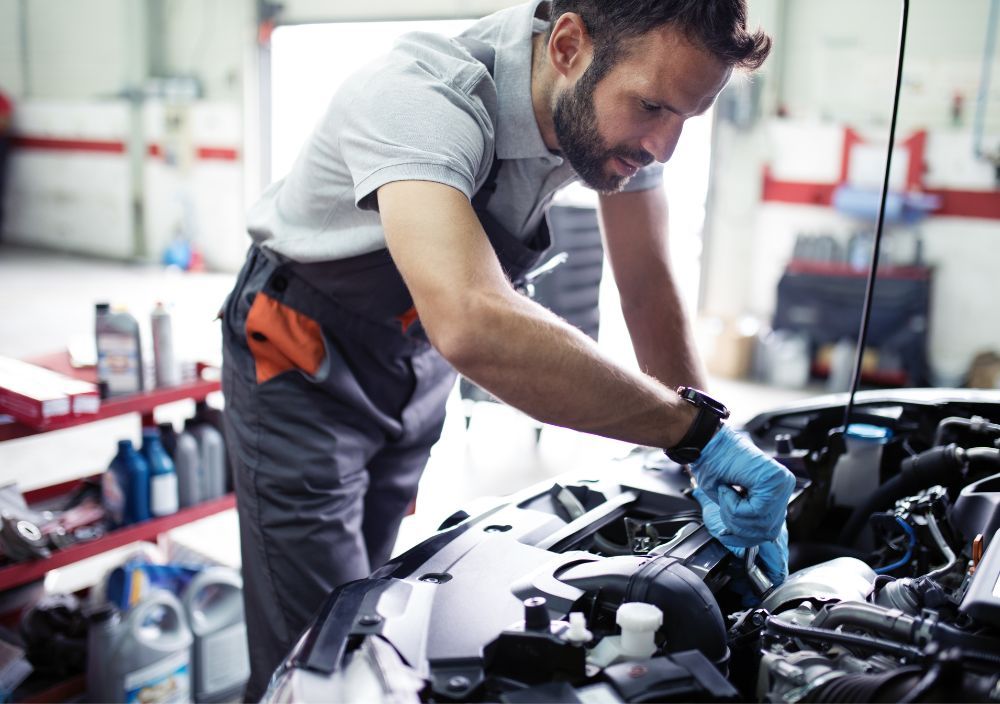Mobile Clutch Replacement Reading
competitively priced and convenient mobile clutch replacement & repair
FOR A CLUTCH REPLACEMENT QUOTE PLEASE PROVIDE YOUR DETAILS BELOW
SEND ANYTIME 24/7
Clutch repeair Reading enquiry
Mobile Clutch Repair Reading
At Mobile Mechanic Reading, we’re experts in fixing all the different
car parts and components that make up your vehicles, and that includes the clutch. This is a crucial instrument in a functioning car, and when issues start to arise, you’ll want an experienced head on hand to get it back to working condition without any fuss or hassle. Our auto service mechanics have an excellent track record in dealing with these faults and will be able to outline the reasons for the problem, and provide a fix thereafter. If you need a
mobile clutch repair in Reading, please call out our mobile mechanic service for any clutch problems you’re experiencing.
Mobile Clutch Replacement near me
If you're looking for mobile clutch replacement, we come to you - so you can't get nearer than that!
Mobile Clutch Repair
Simply put, the clutch is the mechanism by which the transfer of rotational power from the engine to the wheels is achieved – in manual vehicles. To allow the vehicle to change speeds or come to a complete stop without turning off the engine, the connection that’s usually present between the wheels and the engine needs to be temporarily severed. It should be clear then, that the functioning of the clutch is vital to the functioning of the car. When you’re beginning to suffer from clutch problems, it might not be immediately obvious what the origin of the issue is, but you will certainly know something isn’t right. Our team can quickly identify what is going on for you.
Clutch Replacement Reading
There are plenty of reasons that the clutch can suffer from problems, and as perhaps the hardest working component in the engine, it shouldn’t be a surprise that these can take place. Every start and stop, every gear change, the clutch is working hard, engaging and disengaging. It is the nature of the clutch that it wears, particularly if the driver of the vehicle routinely ‘rides’ the clutch pedal, or lets it slip too much. Overheating, burning, and oil contamination – amongst other things – can all be concerns in affecting the performance of the clutch.
Clutch Fitting
The clutch is made up of a few different components – think the clutch disk, the pressure plate, the flywheel – and these facets will suffer from varying problems as use of the car continues. Our auto mechanic experts will be able to determine the cause of your problems by discussing with you what you’ve experienced and running diagnostics and tests on the vehicle. Understanding the underlying cause of a mechanical fault is just as important as repairing or replacing the defective component, and at Mobile Mechanic Reading, we have a deep comprehension of these processes when clutch fitting.
Clutch Repairs near me
If you're looking for clutch repairs near me, we come to you - so you can't get nearer than that!
Mobile Clutch Replacement
Depending on the nature of your problem, it might make more sense to arrange a mobile clutch replacement rather than carry try to carry out clutch repairs. This could either be because the structural integrity of the clutch is beyond long lasting repair, or it’s more cost effective to to simply replace your clutch. We’ll discuss with you the various options available and their advantages and disadvantages. This transparency ensures you’ll get the full picture before you make any decisions on how to manage your broken clutch. This is what you can expect from our company – honesty, integrity and technical brilliance.
Clutch Replacement near me
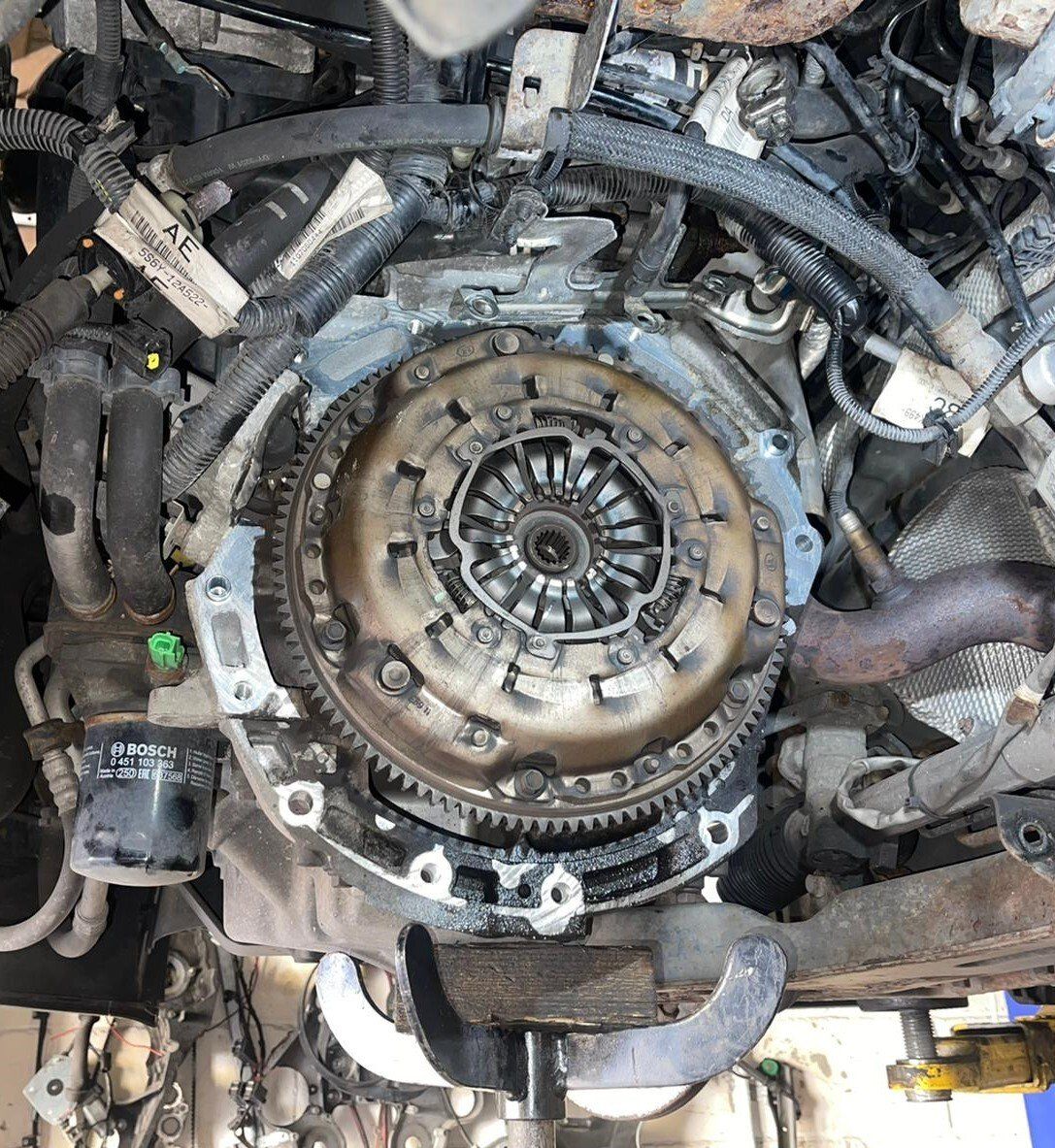
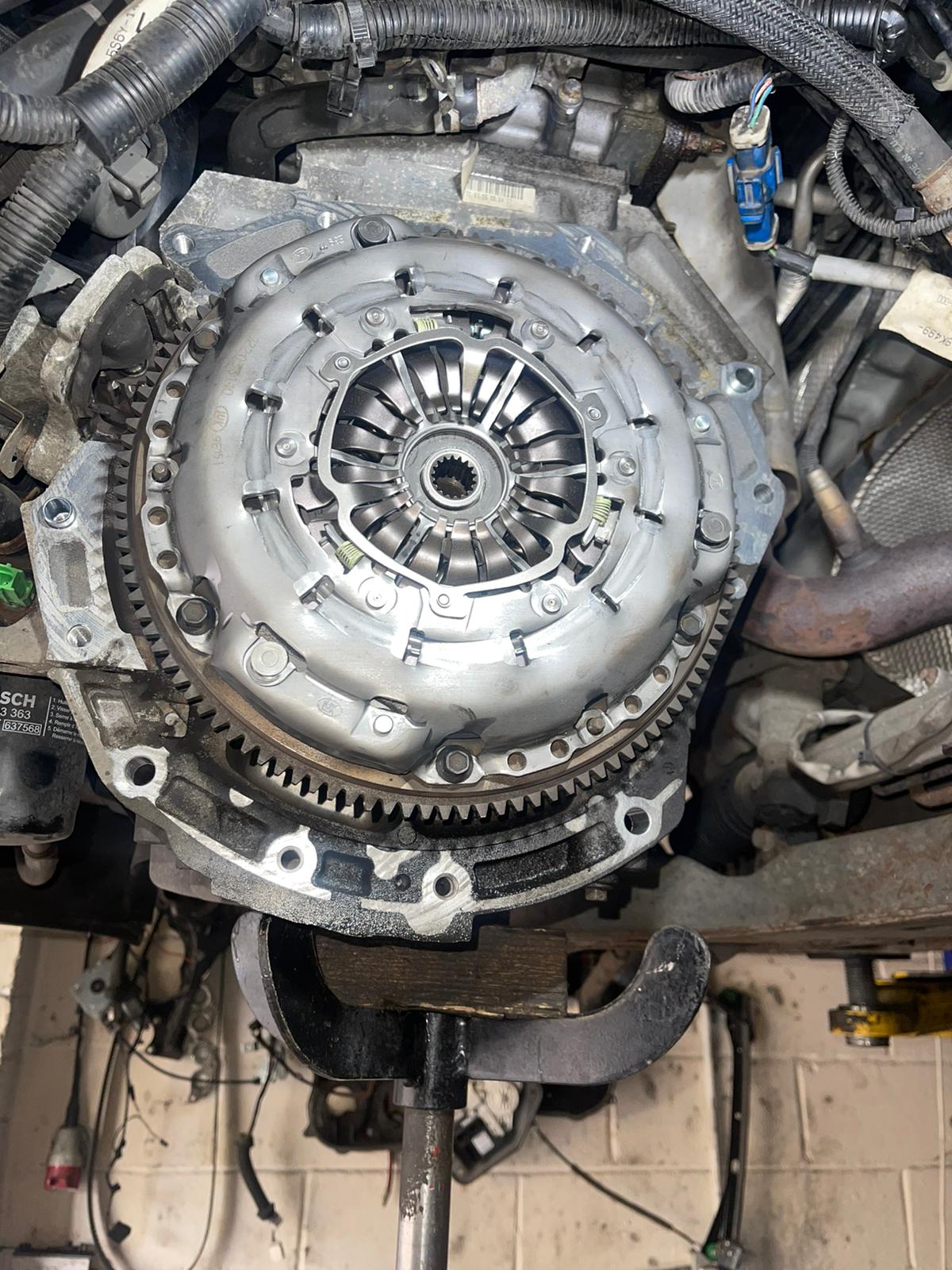
Need help?
